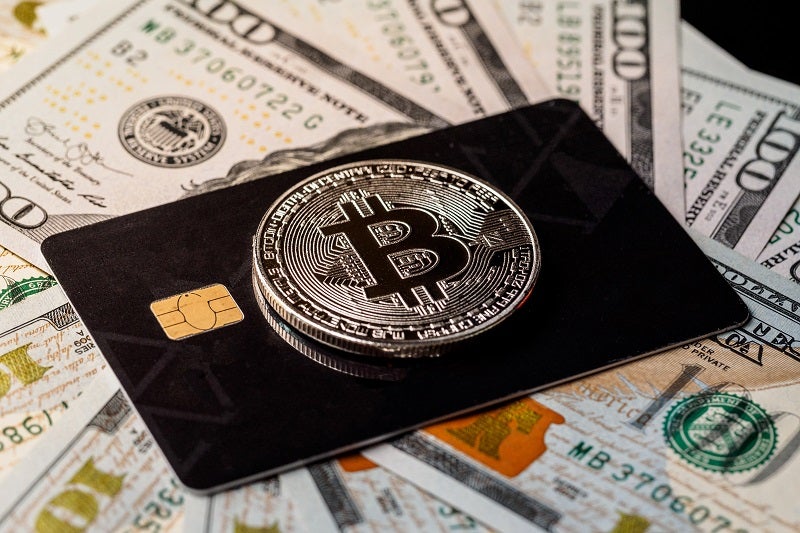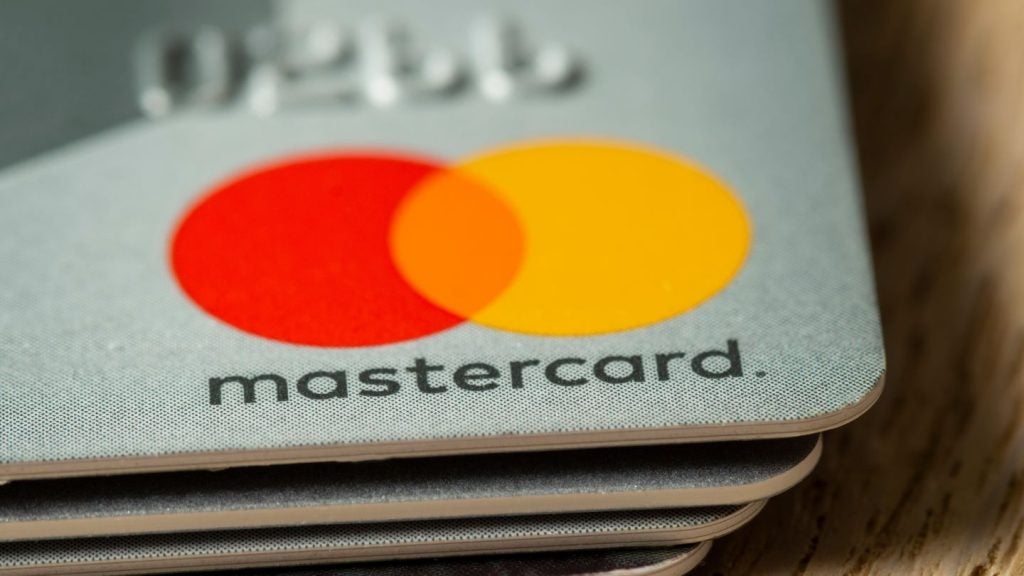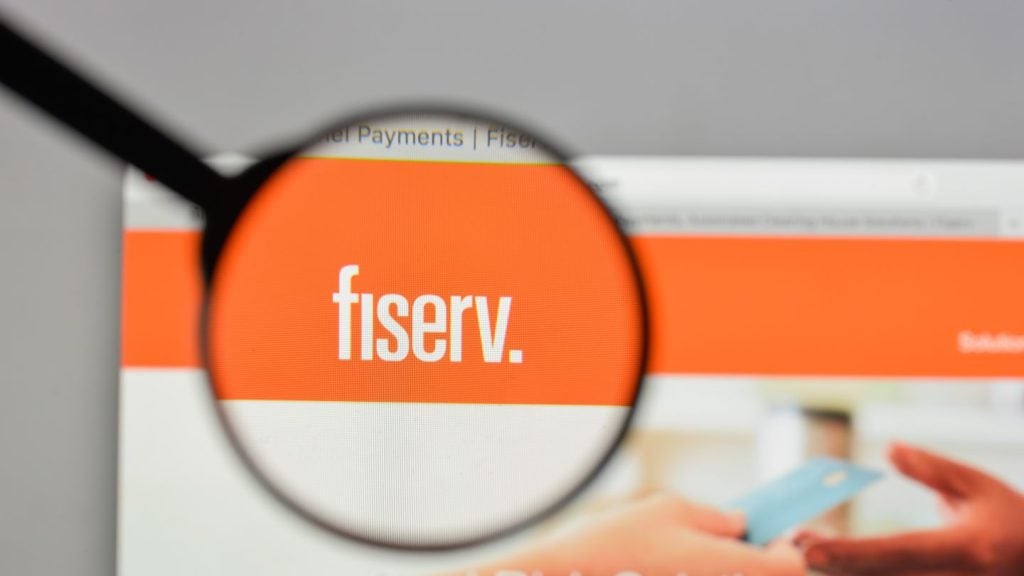
Cryptocurrency networks are rushing to issue credit cards with Bitcoin and other digital currency rewards as they scramble to win new customers in an increasingly competitive market, reports Ivan Castano
Enter Gemini Credit Card, launched in late April via Mastercard, offering 3% rewards in Bitcoin or any of the more than 30 coins traded on its cryptocurrency exchange. The card will have no annual fee, provide exclusive offers on merchants such as food delivery app DoorDash or Lyft and allowing customers to earn interest on crypto holdings through Gemini Earn.
The billionaire Winklevoss twins’ venture appeared timed to knock out rival BlockFi from the market and made archrival Coinbase’s debit card look like a dud, stealing some of the chutzpah form the rival exchange’s recent stock market flotation, which valued it at $86bn.
The launch came as digital currencies continue to gather strength, despite Bitcoin’s recent price swings, triggered by US President Joe Biden’s new capital gains tax and growing fears about a regulatory crack down on the sector – though views on its exact impact remain sharply divided.
“For the curious, the opportunity to earn crypto rewards is interesting,” says Anouk Pinchetti, chief operating officer at crypto mining concern Minertoken. “But we will have to see how this compares with everyday credit cards. If they begin to offer higher [cash] rewards, people can buy crypto with those instead of just earning it with Bitcoin.”
DeFi apps take spotlight
To be sure, the crypto-rewards space is heating up, also as multiple so-called DeFi or decentralised finance applications offering peer-to-peer lending or other money management services disrupt traditional banking.
BlockFi, for instance, allows customers to lend and store diverse digital coins on e-wallets paying up to 8.6% APR including USD Coin. USDC is a dollar-pegged stablecoin. Visa recently announced it will allow clients to settle balances with it.
At writing time, BlockFi had an open waitlist for its Visa-branded credit card with a target rollout of Spring 2021. The card will offer 1.5% rewards with Bitcoin on the fourth and sixth month of ownership, capped at $100. The metal card with a black finish carries a $200 annual fee, however.
Twitter users quickly compared the two cards, with one debasing Gemini as inferior to BlockFi’s, saying: “@Gemini new credit card. Typical BS. ‘Up to 3% back in #Bitcoin. In reality, 3% dining, 2% groceries and 1% everything else. So, unless all you do is eat, it’s 1%. Worse than @BlockFi. Can someone make a debit/credit card that pays honest rewards!?”
Other Twitterati expressed anger at BlockFi’s recent decision to cut interest payments on coins, with some threatening to move balances to rivals such as Fulcrum or Celsius, which pay 14 percent and 10% APIs respectively.
Growing transactions
Whatever happens, crypto plastic transactions are set to accelerate after diving in 2017 and 2018 when the market crashed. The event that saw Bitcoin plummet from nearly $20,000 saw high-flying players such as Ten X and pre-paid card venture Zeex forced to rebrand and shutter respectively. Deeper-pocket issuers, especially those ran by cryptocurrency exchanges Binance, Coinbase and Gemini, have continued to thrive, however.
Visa and Mastercard will continue to jump into cryptocurrency card game, also as the popularity of stablecoins pegged to the dollar, other fiat or even gold to avoid volatility, continues to rise, observer say. Apart from USDC, Tether, Gemini dollar and Gold-backed PGMT are widely used stablecoins.
“People have been waiting for Bitcoin to go up before spending it for purchases [in a speculatory way],” says Pinchetti. “But in the stablecoin side of things, they can hold a little more as a way to have savings they can spend like they would with a current bank account.”
Mastercard’s plans
Merav Ozair, a blockchain researcher and fintech professor at Rutgers Business School, agrees the space will continue to grow rapidly, spurred by rising crypto adoption from firms such as Tesla and payment processors PayPal and Square which recently introduced ‘crypto checkout’ services.
Mastercard is also working on an instant payment service to avoid the crypto-to-fiat conversion plaguing current transactions, a move that should cut fees and bolster adoption, according to Ozair.
“Mastercard is looking to offer an interoperable solution that will process payments directly in Bitcoin from one blockchain to another, so there won’t be a fiat conversion,” she explains. This as long as the merchant is willing to accept and retain Bitcoin, something that’s already happening, Ozair claims.
“Tesla accepts Bitcoin and expects to hold it,” she says. “Once we see others like Apple doing this and further institutionalisation of crypto, more merchants will become comfortable accepting and holding crypto. I am not saying this will happen overnight, but it could in three to five years.”
Crypto cops
Ozair is also optimistic about upcoming regulations to the space, which are not a matter of if but when, at least in the US where crypto has not been banned unlike countries such as Turkey or India.
While US Treasury Secretary Yanet Yellen has made her dislike for Bitcoin loud and clear, new stock-market regulator SEC Chairman Gary Gensler, a former blockchain professor and enthusiast, is expected to tread lightly on the space. This could possibly help spur approval of the country’s first exchange traded fund or ETF this year after many investment firms, including Fidelity, VanEck and Grayscale, have applied for the privilege.
“If the conditions to approve the first ETFs (VanEck is seen obtaining some clearance in early May) are not too strict, we will probably see the crypto space increase in value,” Ozair predicts.
Already, a string of Bitcoin and Ether ETFs are performing strongly in Canada, showing investors’ strong appetite for such vehicles.
If the funds are allowed, a second wave of crypto validation and usage could gain traction, helping boost crypto credit card transactions, adds Ozair.
Regulators could have other plans, of course. They could move to ban or restrict crypto purchasing on-ramps to target illegal or criminal transactions – or even slap an 80% tax on Bitcoin to essentially curb its use, though many view such measures as extreme and highly unlikely.








